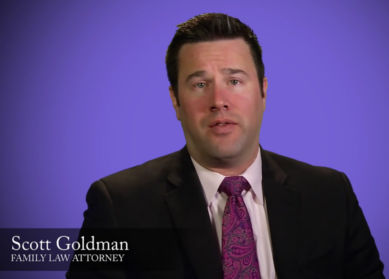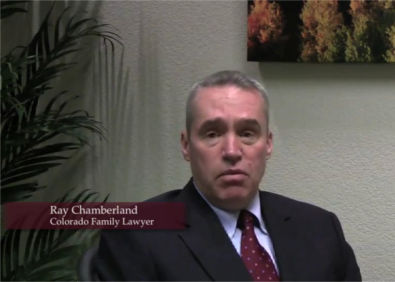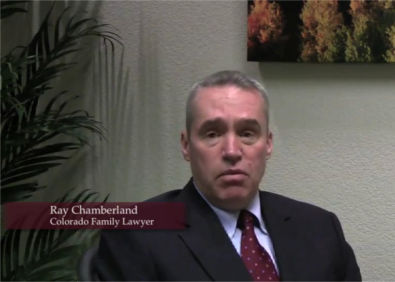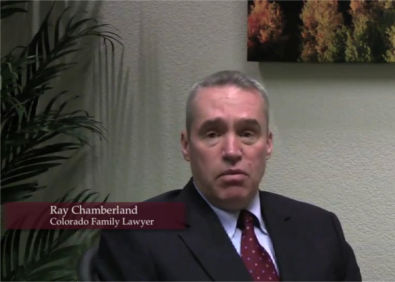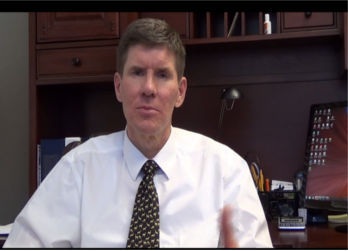What is divorce in Colorado? Well Colorado divorce is a process. It’s a series of steps that will help folks and their marriage. In fact, we don’t even call divorce, divorce in Colorado. We call it a dissolution of marriage. In a dissolution of marriage, what the court will do is go through five basic areas and help people get divorced.
Although at times it may not seem like it’s helpful, it’s really getting the job done for you if all the steps are followed and followed correctly. First step is to do an initial status conference, at least in El Paso County. Some of the other counties may do things slightly differently. But it’s an initial meeting with the court where deadlines are set and times are set for exchange of information and determination whether or not it’s going to need any experts in the case.
The next step would be a settlement conference. Generally, that’s if both parties have an attorney, it’s the attorneys and the parties. If only one party has an attorney, obviously there could be three of you attempting to settle, or just the two of you if you don’t have attorneys. At a settlement conference, if you can reach agreement on all issues then you can write it up, submit it to the court, and often only have to go to court maybe one more time. If you’re not successful at a settlement conference, we often have what’s called a temporary orders hearing.
At a temporary orders hearing, each side presents its case for how assets should be divided, how parenting times should be arranged if there’s kids involved, and who’s going to be paying for what debts and perhaps who’s going to be living in the marital home if there is one. That is all for temporary purposes. That lasts from the time of the temporary orders hearing up until you have a final orders hearing.
Before you can have a final orders hearing, you’d be required in most instances to have mediation. Mediation is with a paid mediator who assists the couples in trying to reach agreements. If you can reach agreement on everything or on some things, again, you write them up, submit them to the court, and those issues are resolved.
Any remaining issues, which could be all of them, go to court for a final orders hearing. That’s a fully contested hearing often where both sides take very adverse positions and eventually the judge decides all the issues. In a nutshell, that’s divorce in Colorado.
By: Ray Chamberland

